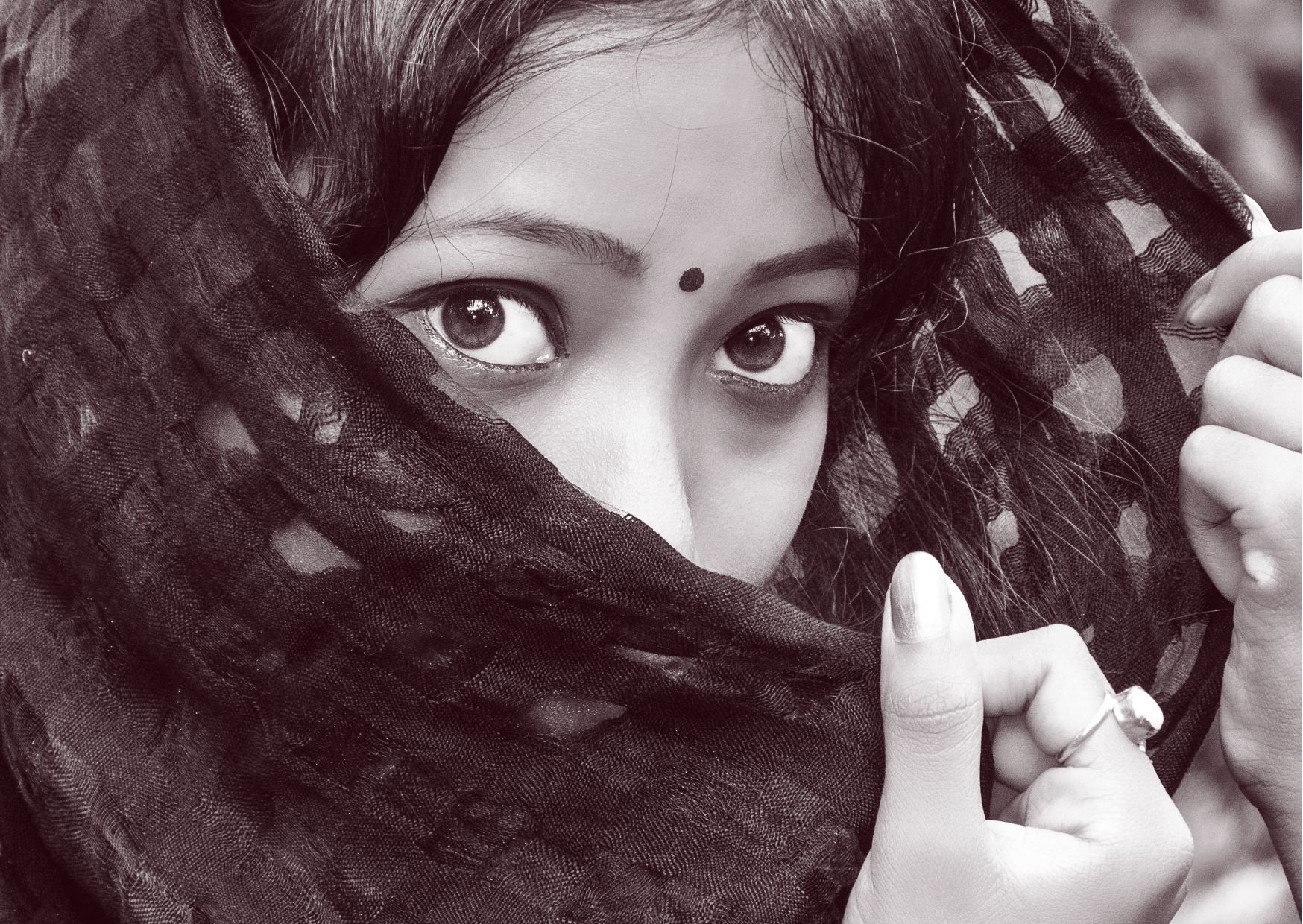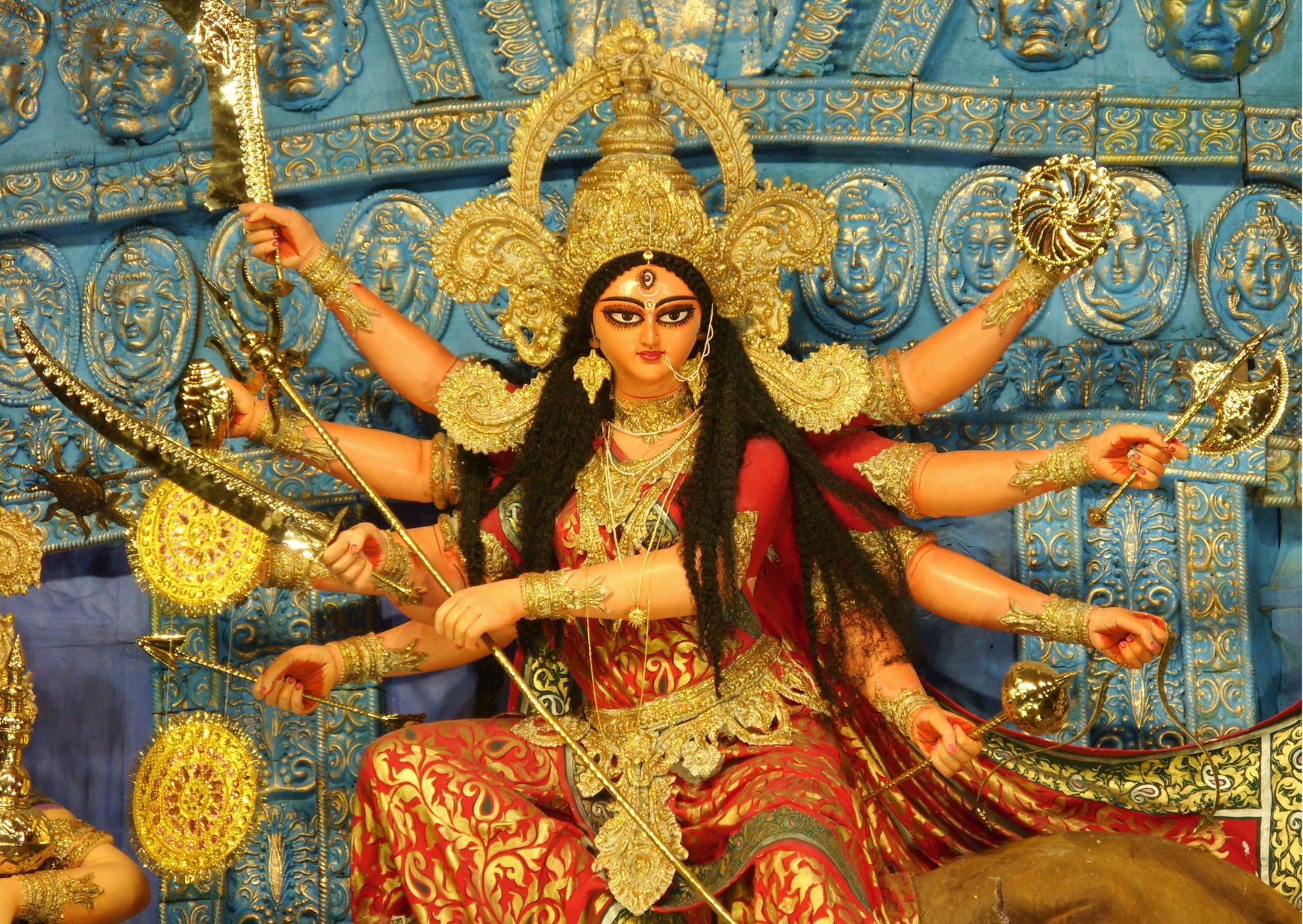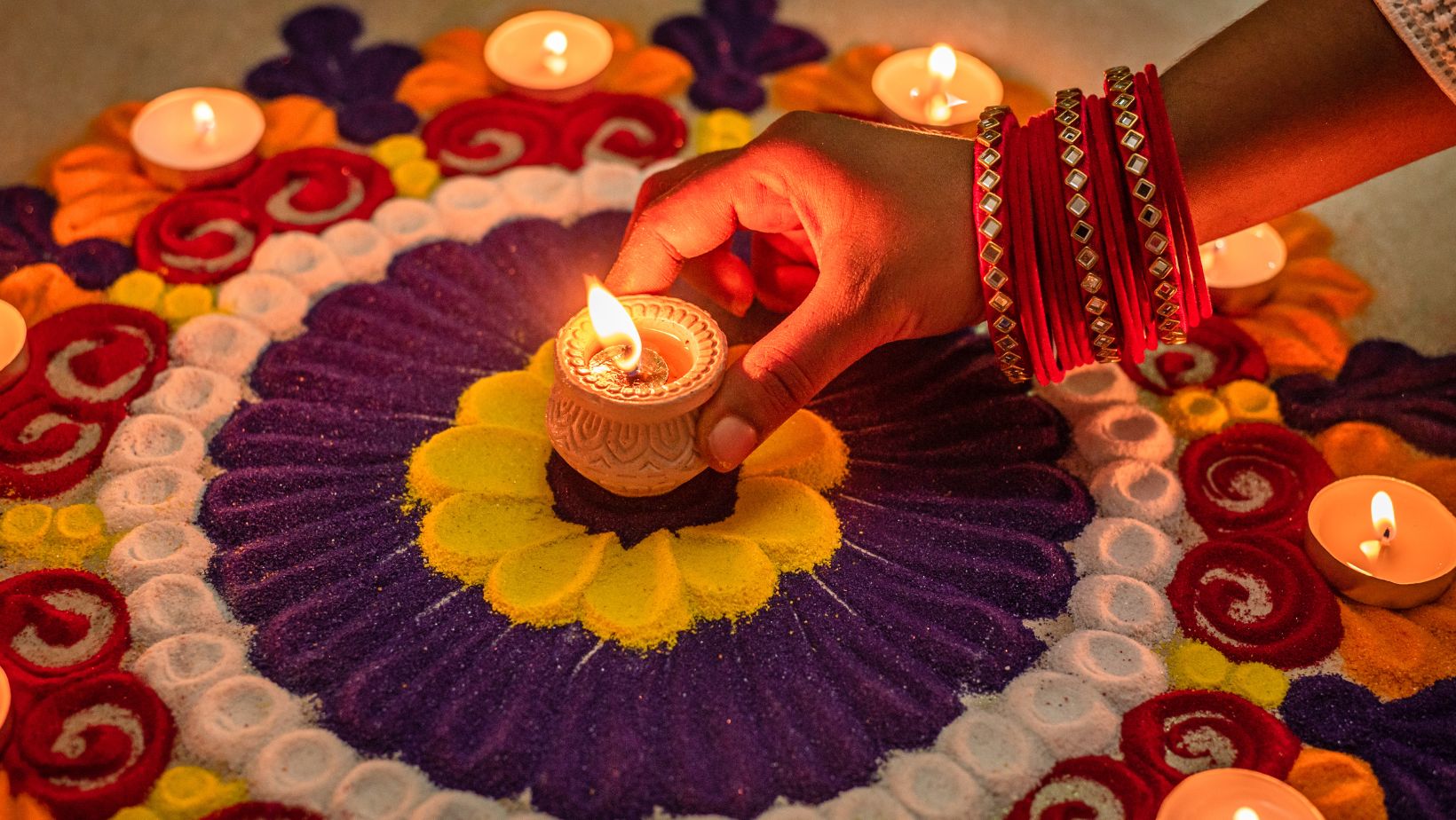The beauty of Sanskrit: exploring the names of eyes in the ancient language
Discovering the unique descriptions of eyes in Sanskrit and their significance in expressing emotions and thoughts
The eyes are one of the most expressive features of the human face. They convey emotions, thoughts, and feelings without the need for words. In Sanskrit, the language of ancient India, there are many words to describe different types of eyes.
Let's explore some of the important words for eyes in Sanskrit.
- नेत्रम् netram - The word netra comes from the root sound ‘nī’ which means to lead. The suffix ‘tra’ is added to the root in the sense of a tool or an instrument. Eyes are the tools that lead our vision to fix or focus on anything and anywhere.
- नयनम् nayanam - The word nayanam also come from the same root-sound ‘nī’. The suffix ‘ana’ converts the root into a verbal noun meaning the act of leading or the instrument that leads.
- लोचनम् locanam - The word locanam comes from the root-sound ‘loc’ meaning to see, to perceive, to behold etc. The word locanam means the act of seeing or the instrument through which one sees.
- अम्बकम् - ambakam - The word ambakam comes from the root-sound ‘amb’ which means to move, to go. The instrument led by which one moves from one place to the other is ambaka.
- अक्षि akṣi - The word akṣi comes from the root-sound ‘akṣ’ which means to reach, to penetrate, to pass through. The tool by which one penetrates into the objects seen is akṣi.
- चक्षुः cakṣuḥ - The word cakṣuḥ comes from the root-sound ‘cakṣ’ which means to appear or be visible. The tool by which things become visible is cakṣuḥ.
Let’s see how we can use any of these words to denote various types of eyes or persons with particular eyes.We choose here the word netra.

- नेत्र Netra: This is the Sanskrit word for "eye". It is the most common word used for eyes in Sanskrit.
- सुनेत्र Sunetra: This means "fair-eyed". It is a combination of the Sanskrit words su, meaning "good" or "beautiful", and netra, meaning "eye". This word is often used to describe someone with beautiful eyes.
- एकनेत्र Ekanetra: This means "one-eyed". It is a combination of the Sanskrit words eka, meaning "one", and netra, meaning "eye". This word can be used to describe someone who has lost one eye or someone who has only one eye.
- द्विनेत्र Dvinetra: This means "two-eyed". It is a combination of the Sanskrit words dvi, meaning "two", and netra, meaning "eye". This word is used to describe someone with two eyes.
- त्रिनेत्र Trinetra: This means "three-eyed". It is a combination of the Sanskrit words tri, meaning "three", and netra, meaning "eye". This word is often used to describe Lord Shiva, who is depicted as having three eyes.
- पद्मनेत्र Padmanetra: This means "lotus-eyed". It is a combination of the Sanskrit words padma, meaning "lotus", and netra, meaning "eye". This word is often used to describe someone with beautiful, large eyes like those of the lotus petals.
- बद्धनेत्र Baddhanetra: This means "with fixed eyes". It is a combination of the Sanskrit words baddha, meaning "fixed" or "bound", and netra, meaning "eye". This word is often used to describe someone who is staring fixedly at something or someone.
- लोलनेत्र Lolananetra: This means "with rolling eyes". It is a combination of the Sanskrit words lola, meaning "rolling", and netra, meaning "eye". This word is used to describe someone who is rolling their eyes. (eye-rolling: the action of rolling one's eyes, typically as an expression of exasperation, disbelief, or disapproval.
- फुल्लनेत्र Fullananetra: This means "with joyfully expanded eyes". It is a combination of the Sanskrit words fulla, meaning "joyful" or "expanded", and netra, meaning "eye". This word is often used to describe someone who is very happy and has wide-open eyes.
- रक्तनेत्र Raktanetra: This means "red-eyed". It is a combination of the Sanskrit words rakta, meaning "red", and netra, meaning "eye". This word can be used to describe someone who has red eyes due to tiredness or illness. An angry man is also called raktanetra as his eyes turn red because of anger.
- कालनेत्र Kalanetra: This means "black-eyed". It is a combination of the Sanskrit words kala, meaning "black", and netra, meaning "eye". This word can be used to describe someone with dark eyes.
- एणनेत्र Enanetra: This means "deer-eyed". It is a combination of the Sanskrit words eṇa, meaning "deer", and netra, meaning "eye". This word is often used to describe someone with large, innocent-looking eyes.
- चारुनेत्र Charunetra: This means "beautiful-eyed". It is a combination of the Sanskrit words charu, meaning "beautiful", and netra, meaning "eye". This word is often used to describe someone with stunningly beautiful eyes.
These are just a few of the many words in Sanskrit which qualify the eyes. Each word captures a unique aspect of the eyes and their expressions. We have used the word netra here. but one can use the other words for eyes given above in place of netra. For example, one can use sunayana, or sulocana or tryambaka etc. Next time you see someone with beautiful eyes, you can impress them with your knowledge of Sanskrit by calling them "sunetra" or "padmanetra".



